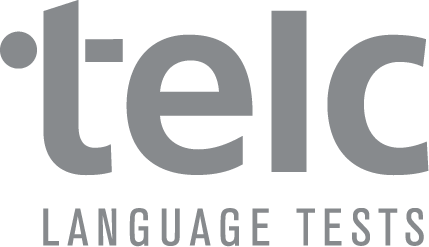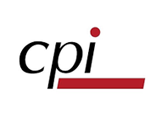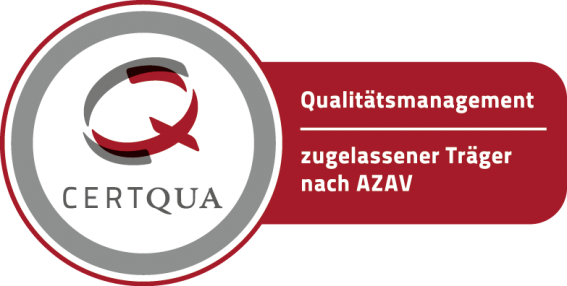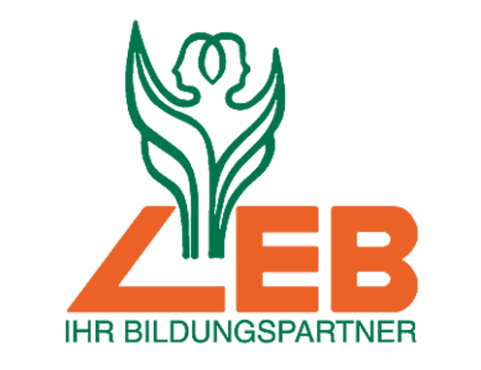Vocational educationjob-related support measures
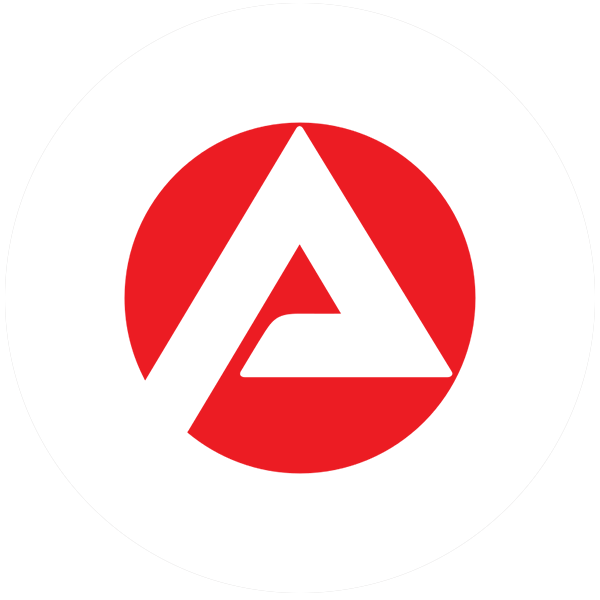
Cost takeover through education voucher
The german language advancement regulation is funded and supported by funds from the Employment Agency and the Jobcenter AG - for example - through education vouchers
What are job-related support measures?
Job-related support measures - Integrative program for integration into the German labor market through general competence and language advancement
The implementation of job-related promotion of the German language is the task of the Federal Employment Agency (AfA)
The Federal Office for Migration and Refugees (BAMF) allows private and public institutions such as DIYALOG LANGUAGE SCHOOL to carry out the job-related promotion of the German language. The Federal Office for Migration and Refugees takes into account the needs for job-related promotion of German, as determined by the Federal Employment Agency and by the authorities responsible for the implementation of basic security for jobseekers
Goal
Occupational German language promotion is used to acquire language skills to improve opportunities in the employment and training market
Duration
DeuFöV course duration | 4 months
Weekly learning | 25 hours
Demanding learning stint| 5 lessons per day
For whom is the German language conveying regulation intended?
For German nationals with a migration background and foreigners whose legal status is determined by the Freedom of Movement Act/EU
Course content & modules
The base modules serve to achieve
- of the speech level B 2, starting from the level B 1 or
- the level of speech C 1, starting from the level B 2 or
- of the speech level C 2, starting from the level C 1
of the Common European Framework of Reference for Languages
A basic module usually comprises 300 teaching units
Special consideration
People with disabilities and accessibility should be given special consideration in DeuFöV
Courses for parents or eventual childcare
For those eligible to raise children, parenting courses should be offered
These parenting courses should also include information on the compatibility of family and career
Regularly Lessons
Morning-courses| 09:00 - 14:00 Uhr
Midday-courses | 14:30 - 17:30 Uhr
Evening-courses | 16:00 - 20:00 Uhr
Extensive promotion of ...
... professional language skills
... professional skills
... general job-related competences
Professional perspectives after graduation
- Cross-entry into a nursing profession
- Retraining in the care sector
- Inclusion of training in the nursing sector
- Obtaining a language certificate at levels B1 or B2
- Recognition of a degree obtained abroad
Application coaching & training
Coaching is understood in many cases as an aid to self-help. In a joint process, solutions are sought and opportunities are jointly developed to achieve the goal of the coached participant
Travel costs compensation
Eligible participants receive from Ferderal Office - when required and after an application - a compensation for the traveling costs
DeuFöV | Care (not-academic)

Das Spezialmodul bietet die Grundlage für eine berufsbezogene Sprachförderung im Kontext von Anerkennungsverfahren beruflicher Abschlüsse für die nichtakademischen Gesundheitsberufe Gesundheits- und Krankenpflegerinnen und Gesundheits- und Krankenpfleger, Entbindungspflegerinnen und Entbindungspfleger sowie Physiotherapeutinnen und Physiotherapeuten
DeuFöV | Commercial & Technical Field

Der gewerblich-technische Berufsbereich Das Bundesinstitut für Berufliche Bildung (BIBB) unterscheidet für den gewerblich-technischen Bereich zwischen 16 Wirtschafts- und Berufsbereichen, wie z. B. Agrarwirtschaft, Bergbau, Bühnentechnik, Metalltechnik, Werbetechnik, Schifffahrt, Verkehrstechnik. 2 Differenzierungen in Branchen oder Berufsbereiche finden sich mit unterschiedlichen Bezeichnungen bei den Industrie- und Handelskammern sowie den Handwerkskammern der Bundesländer.
Die Berliner IHK führt z. B. gewerblich-technische Ausbildungsberufe unter der Branche „Industrie“.
Die Stuttgarter IHK wiederum gruppiert Berufe nach Gewerken, z. B. fahrzeugtechnische, naturwissenschaftliche oder elektrotechnische Berufe.
Die Berufe im Handwerk hingegen werden in Gewerbegruppen eingeteilt, z. B. Bau- und Ausbaugewerbe, Elektro- und Metallgewerbe, Holzgewerbe.
Für das Rahmenkonzept „Gewerbe-Technik“ wurden folgende Berufsgruppen ausgewählt: Baugewerbe, Metallverarbeitung und -bearbeitung, Maschinenbau, Fahrzeug-, Luft-, Raumfahrt- und Schiffbautechnik, Elektrotechnik, Lebensmittel- und Genussmittelherstellung, Objekt-, Personen-, Brandschutz, Arbeitssicherheit, Kunststoffverarbeitung und Fahrzeug-, Bau- und Transportgeräteführung
KONTAKTIEREN SIE UNS
Jetzt per Live-Chat, Telefon, Mail oder bei einem vor Ort-Besuch





